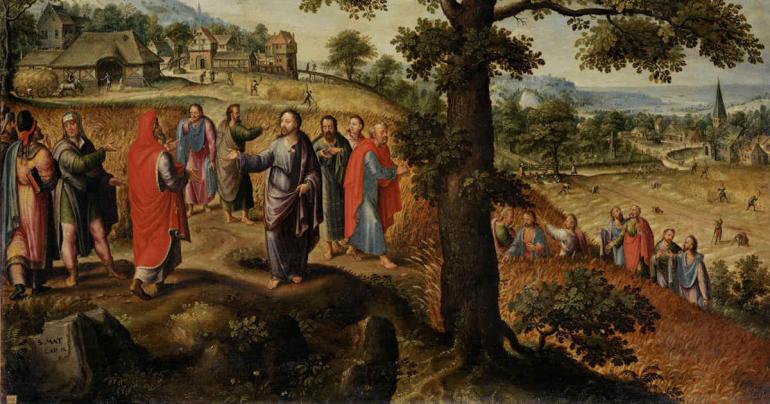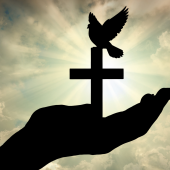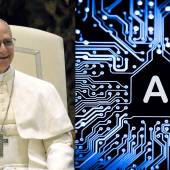God’s will reigns supreme!

January 16, Tuesday of the Second Week in Ordinary Time
Daily readings: 1 Samuel 16:1–13, Mark 2:23–28
God rejects Saul. He decides to elect and anoint David as king in place of Saul. It is clear from the text that the entire choice, decision and direction belong to the Lord. However, Samuel is responsible for identifying David. God specially chose Samuel to facilitate the transition of leadership in Israel. In the process of identifying the man, Samuel goes by external qualities, while God teaches him to look at the heart. He plays two significant roles: prophetic and political. While he is in confusion, the Lord guides him: “Rise and anoint him; for this is the one.” The Lord acts on time, never before or late. We need to wait for Him to reveal His will to us.
On a Sabbath day, Jesus was going through cornfields. His disciples began to pluck ears of corn. It was not something that was forbidden. Deut 23:25 forbids wielding the sickle to collect the grain. But the Pharisees misinterpret the actions of the disciples. God makes Sabbath rest compulsory to prevent people from overworking and becoming enslaved to work. It is a God-given holiday from all sorts of works. Moses warns the people in Deut 5:14–15 not to enslave people because once they were slaves in the land of Egypt, and the Lord God brought them out with a mighty hand and an outstretched arm.
As the days passed, Rabbis interpreted the Sabbath rule narrowly. By imposing such a rigid interpretation, they made themselves lords of both the Sabbath and the people. Jesus reiterates the original intention of the Sabbath: “The Sabbath was made for humankind, not humankind for the Sabbath.” Jesus validates human freedom and the holiness of the Sabbath in the light of creation. The Son of Man (a Christological title) is the Lord of the Sabbath. He is the real Lord!
Holy Mother Church honors St. Joseph Vaz today. He is one of the greatest missionaries from Asia. Born in Goa, India, he worked as a missionary in Sri Lanka. Pope Francis canonized him in 2014.
Call to Action for Catholic Living: How do I look at the law and how do I interpret it? Laws are made to improve the morality of the people, not to enslave them.
Radio Veritas Asia (RVA), a media platform of the Catholic Church, aims to share Christ. RVA started in 1969 as a continental Catholic radio station to serve Asian countries in their respective local language, thus earning the tag “the Voice of Asian Christianity.” Responding to the emerging context, RVA embraced media platforms to connect with the global Asian audience via its 21 language websites and various social media platforms.














